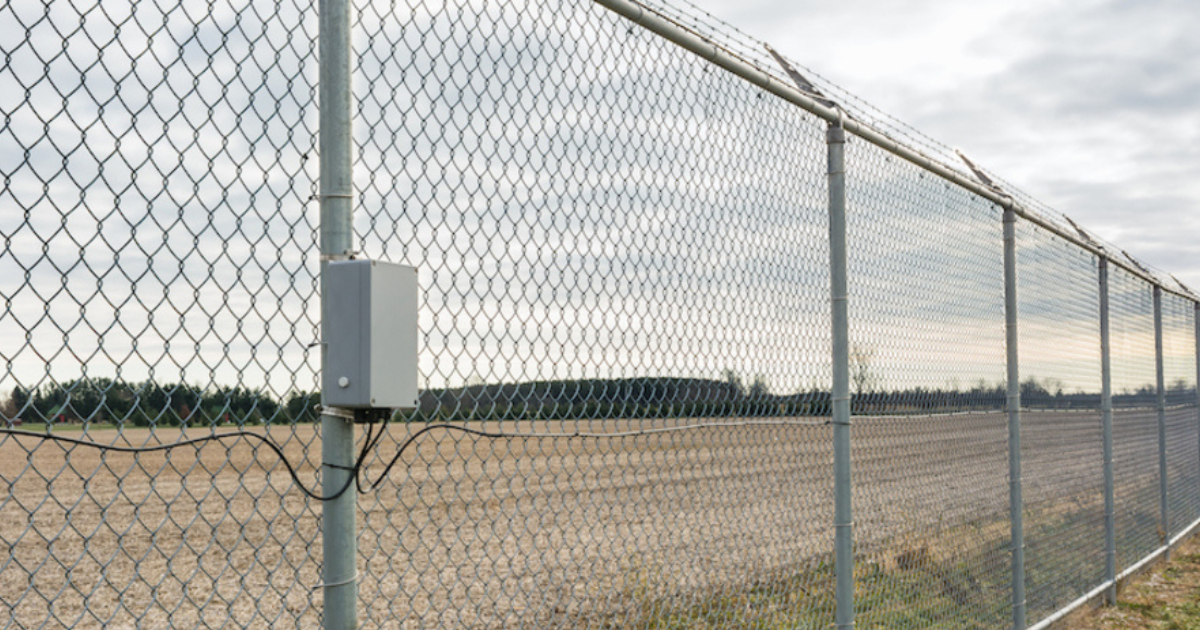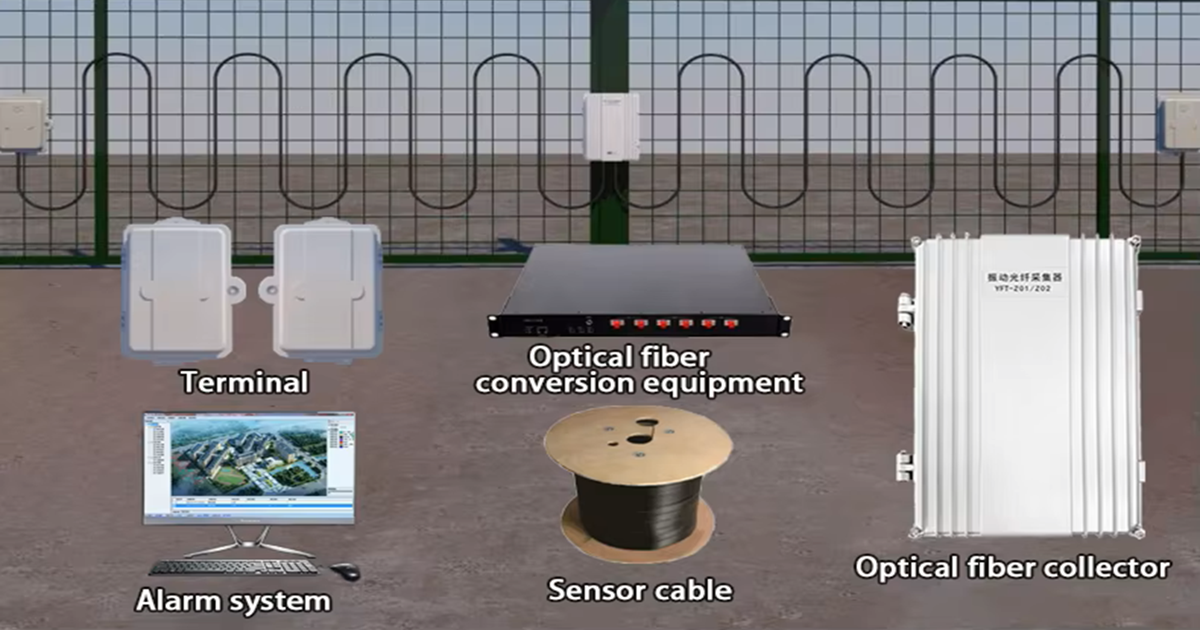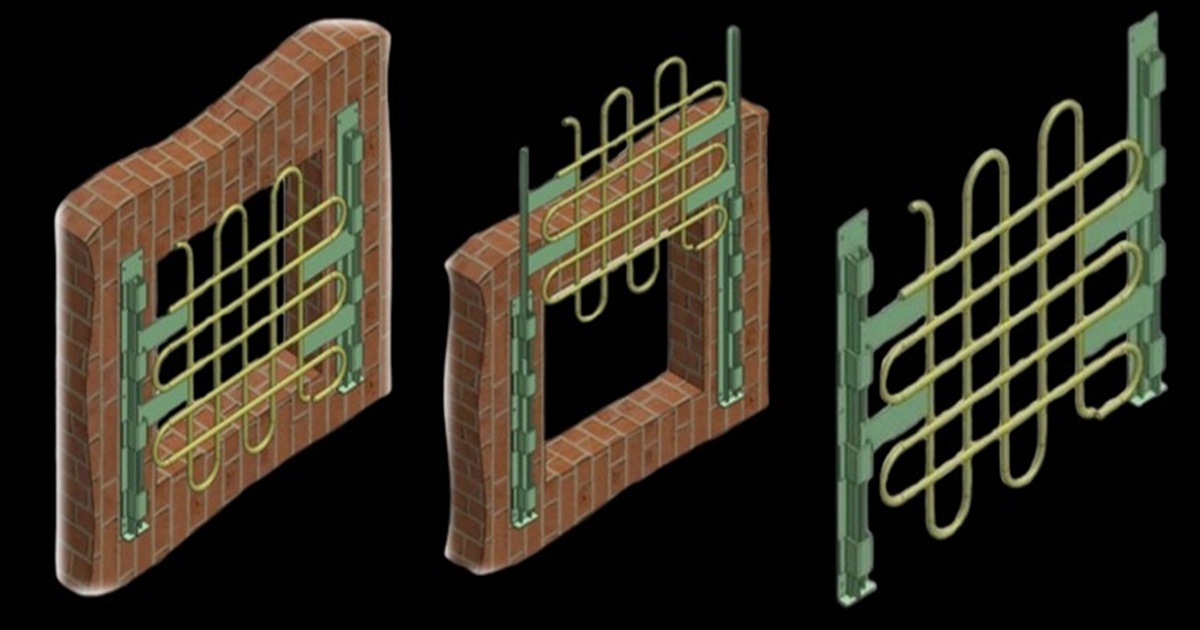How PIDS System Suppliers Are Redefining Perimeter Security in Critical Infrastructure
Targeting Keywords :- PIDS System Suppliers
Introduction
From oil refineries to airports and data centers, perimeter security is a frontline defense against both opportunistic threats and coordinated attacks. In today’s high-stakes industrial environments, Perimeter Intrusion Detection Systems (PIDS) are no longer a luxury they’re mission-critical.
However, installing a PIDS is not enough. The performance, reliability, and integration capabilities of the system depend heavily on the PIDS system supplier you choose. In this blog, we’ll explore how the right supplier can elevate your security strategy and help your organization stay compliant, efficient, and ahead of emerging threats.
What Is a PIDS and Why Is It Crucial?
A Perimeter Intrusion Detection System (PIDS) uses sensors, AI, and real-time monitoring to detect unauthorized activity along the perimeter of a secured facility. These systems can distinguish between routine movement (like wind or animals) and genuine threats (such as human trespassers or vehicle intrusion), enabling proactive response.
Industries depending on PIDS systems include:
-
Oil & Gas (refineries, terminals, pipelines)
-
Airports and Ports
-
Utility Infrastructure (power grids, water treatment plants)
-
Data Centers and Critical IT Infrastructure
-
Military & Defense Facilities
In all these sectors, a perimeter breach isn’t just a threat, it could trigger safety shutdowns, environmental disasters, or massive financial loss.
The Role of the Supplier: More Than a Vendor
A PIDS system supplier isn’t just a hardware provider. They are your long-term security partner, helping design, implement, and maintain a solution that works in your unique site conditions.
Here’s what separates exceptional suppliers from the rest:
1. Environmental Adaptability
Industrial sites face harsh weather conditions: heat, humidity, sand, rain, or snow. A good supplier understands this and provides:
-
Weatherproof and explosion-proof enclosures
-
Vibration-resistant and corrosion-proof sensor designs
-
Temperature-calibrated signal processors
Suppliers with proven deployments in challenging climates (like the Middle East, coastal India, or desert installations) will know how to calibrate sensors to minimize false positives.
2. False Alarm Management through AI & Filtering
One of the most frustrating PIDS challenges is the occurrence of false alarms caused by:
-
Wind-induced vibrations
-
Wildlife movements
-
Passing vehicles on nearby roads
Advanced suppliers offer AI-powered filtering algorithms and zoning capabilities to distinguish genuine threats from environmental noise. These smart filters drastically reduce nuisance alerts, helping security teams focus on real issues.
3. Scalability and Zoning Control
Large industrial facilities may have complex perimeter layouts with some areas needing high sensitivity and others requiring lower monitoring.
Your PIDS supplier should offer:
-
Customizable zones with adjustable sensitivity
-
Scalable architecture for future expansion
-
Hybrid sensor technology (fiber optics, microwave, infrared) based on site-specific needs
4. System Integration with Command Centers
A strong supplier ensures your PIDS works seamlessly with other security layers, including:
-
CCTV surveillance systems
-
Access control and biometric readers
-
Alarm panels and fire detection
-
SCADA systems or security dashboards
Look for suppliers offering open architecture and API-ready systems to enable this integration. It reduces the training curve and ensures faster incident response.
5. Compliance and Regulatory Readiness
Depending on the country and industry, your facility may need to comply with safety, environmental, or cybersecurity norms.
A PIDS supplier must help you:
-
Document system performance for audits
-
Configure fail-safe zones for regulatory inspection
-
Meet standards like ISO 27001, OISD, or MoHA (in India)
Spectron Group, for example, builds PIDS systems that are compliant with both domestic and international benchmarks and provide full documentation support during inspections.
6. Real-Time Monitoring and Cloud Access
Modern PIDS systems aren’t just localized. They allow security managers to monitor multi-site operations from a central dashboard, often with:
-
Real-time intrusion alerts via SMS/email
-
Event logging for audit trails
-
Mobile app access with secured login
Choose a supplier that offers cloud-enabled platforms with backup options for failover.
7. Rapid Deployment and Field Support
Time is of the essence in perimeter security upgrades — especially for brownfield sites. A good supplier will offer:
-
Modular systems for quick installation
-
Pre-configured sensor kits
-
Local service technicians for immediate support
-
Preventive AMC with periodic diagnostics
Spectron, for instance, ensures field engineers reach any major oilfield or power plant within 24–48 hours across India and the GCC.
Use Case: PIDS for an Indian Petrochemical Terminal
A large petrochemical company in western India faced increasing intrusion incidents around their pipeline corridor and entry gates. After deploying Spectron’s fiber-optic PIDS with microwave reinforcement, results showed:
-
78% drop in false positives within 3 months
-
Real-time alerts enabled a faster security response by 40%
-
Integration with CCTV helped prevent 2 theft attempts within 60 days
This demonstrates how supplier expertise goes beyond tech and creates operational clarity.
Key Features to Look for in a PIDS System Supplier
|
Feature |
Why It Matters |
|
Multi-tech sensor compatibility |
Site flexibility and reduced false alarms |
|
Cloud-based alerts and dashboards |
Real-time awareness from anywhere |
|
Local installation and AMC support |
Reduces downtime and delays |
|
ISO/IEC certified systems |
Ensures global compliance standards are met |
|
Custom zoning configuration |
High sensitivity in critical spots, lower in others |
Final Thoughts
The right PIDS system supplier can turn your perimeter into a smart, self-adapting security shield. In high-risk industries, that means fewer manual checks, faster breach response, and peace of mind for leadership teams.
When choosing your supplier, go beyond price comparisons. Look at their experience in your sector, deployment speed, system integration capabilities, and most importantly their ability to stand by you long after installation.




